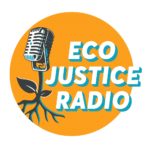
Support EcoJustice Radio with a Tax-Deductible Donation
Subscribe to EcoJustice Radio: Apple Podcasts | SoundCloud | Google | Spotify | Stitcher | YouTube | Links
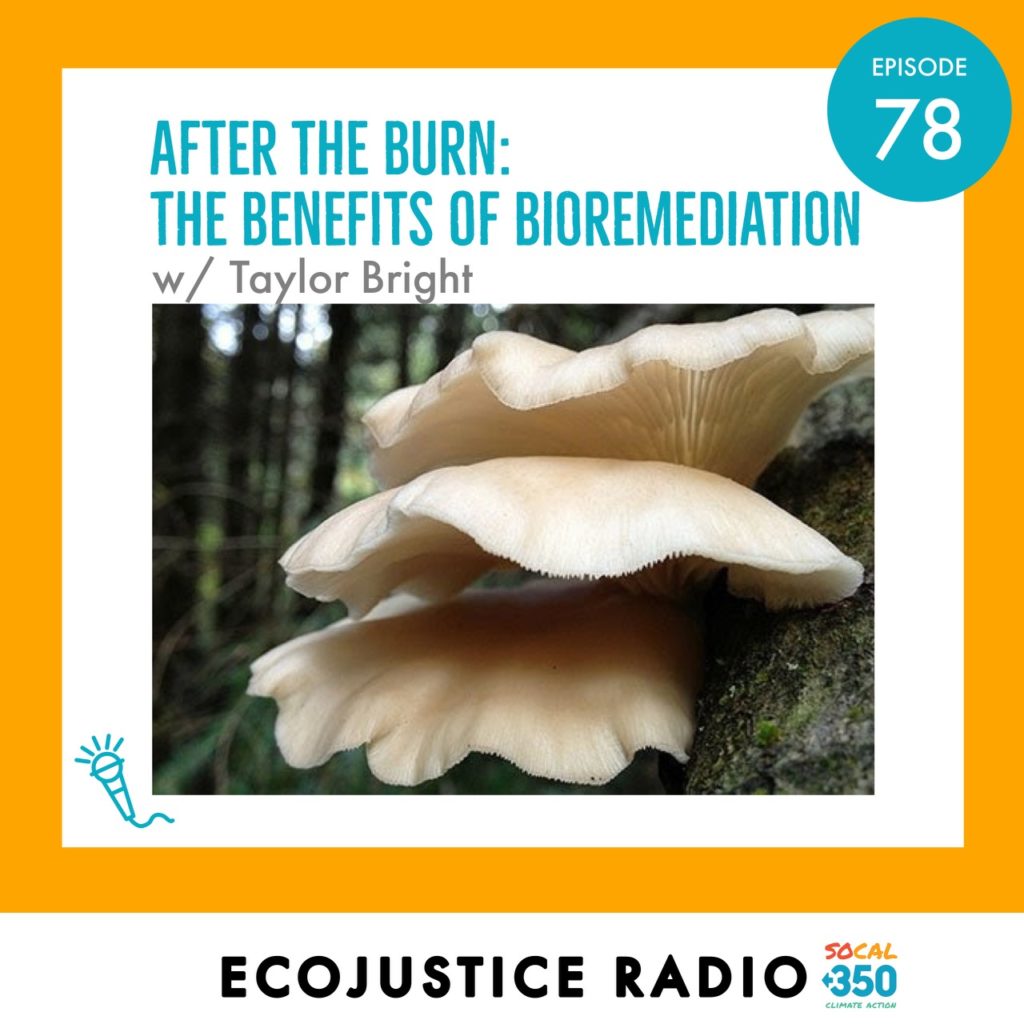
Fungi-Based Mycoremediation from Fire
Since August 2020, hundreds of fires have burned large swathes of Oregon, Washington, Idaho, and California. In the US, over 13 million acres have burned, and rains have not fully arrived with elevated temperatures as well.
Every year since 2017, we have witnessed the devastating impacts of humans living out of balance with natural cycles and ecosystems. Human beings continue to encroach further into wildlands, whole neighborhoods have burned, increasing the threat of toxicants released by structural fires. Each structural fire can potentially release tens of thousands of toxicants into air, water and soil, leaving toxic ash residue, this coupled with sediment erosion, can harm aquatic ecosystems and poison drinking water.
Mycoremediation is a form of bioremediation (restoring balance) in which fungi-based technology is used to decontaminate the environment. Fungi have been proven as an inexpensive, effective and environmentally sound way for helping to remove a wide array of toxins from damaged environments or wastewater. The toxins include heavy metals, persistent organic pollutants, textile dyes, leather tanning industry chemicals and wastewater, petroleum fuels, polycyclic aromatic hydrocarbon, pharmaceuticals and personal care products, pesticides and herbicide, in land, fresh water and marine environments. The byproducts of the remediation can be valuable materials themselves, such as enzymes (like laccase), edible or medicinal mushrooms, making the remediation process even more profitable.
STORY: Renewing the Environment with Mycoremediation with Danielle Stevenson
In the aftermath of the 2017 Northern California fires, federal and state workers removed much of the toxic debris. But then, in Sonoma County, a coalition of fire remediation experts, local businesses, and ecological activists mobilized to cleanse the foundations of burned-out buildings with mushrooms. The Fire Remediation Action Coalition, including our guest Taylor and permaculture landscape experts like Eric Ohlsen, placed more than 40 miles of wattles—straw-filled, snake-like tubes designed to prevent erosion—inoculated with oyster mushrooms around parking lots, along roads, and across hillsides.
Their plan? The tubes would provide makeshift channels, diverting runoff from sensitive waterways. The mushrooms would do the rest. Listen to the interview to get the story first-hand!
STORY: Foray into Fungi: The Art of Farming
Taylor Bright is currently an officer and researcher for Bay Area Applied Mycology, as well as a project facilitator and educator for CoRenewal. Both are applied mycology non-profit organizations that focus on community education and research, implementation of post-wildfire soil regeneration, and mycoremediation efforts in both California and Ecuador.
STORY: Permaculture Lessons From Fire: Restoring Paradise with Matthew Trumm
View this post on Instagram
Taylor lives on occupied Southern Pomo/Coast Miwok territory (present day Sebastopol, CA), and holds classes on fungal ecology, cultivation and medicine making. She educates on topics that live at the intersection of plants, fungi, deep ecology, bioremediation, herbal/fungal medicine, ecopsychology, and environmental justice.
Podcast Website: http://ecojusticeradio.org/
Support the Podcast: https://socal350.org/contribute-to-socal-350-climate-action/
STORY: Radical Mycology: The Future is Fungi with Peter McCoy
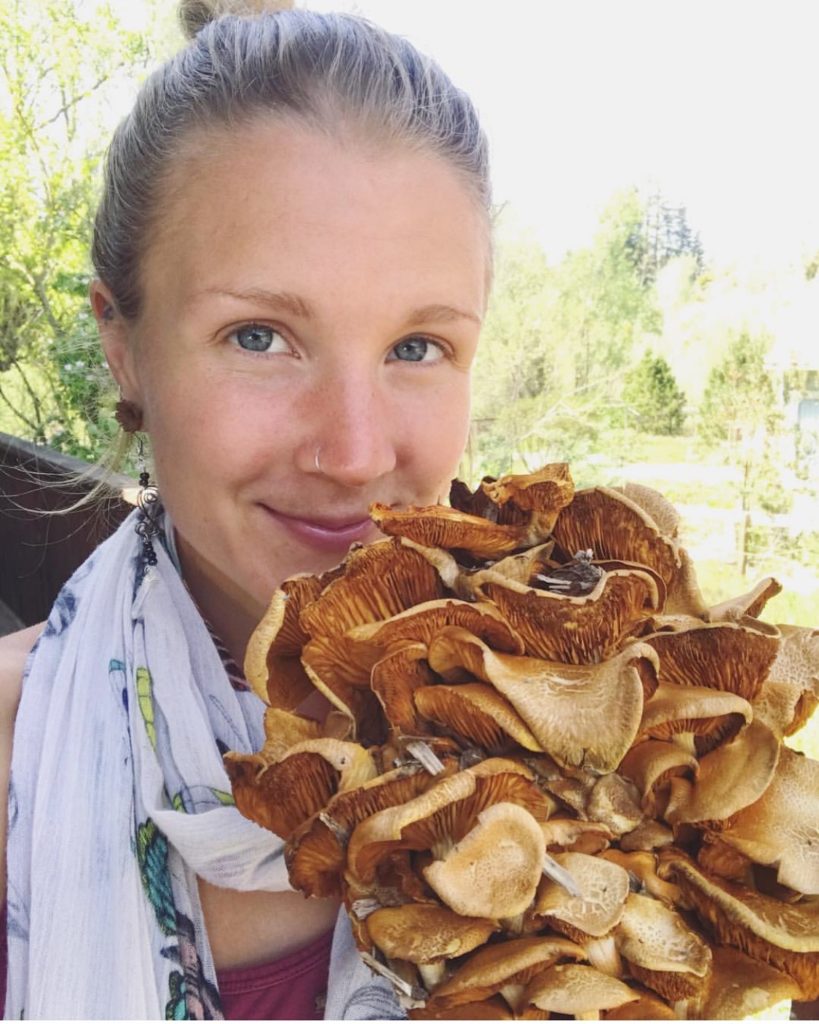
Interview by Carry Kim
Intro by Jessica Aldridge
Engineer: Blake Lampkin
Executive Producer: Jack Eidt
Show Created by Mark and JP Morris
Music: Javier Kadry
Episode 78
Image courtesy of Taylor Bright
Updated 25 January 2021

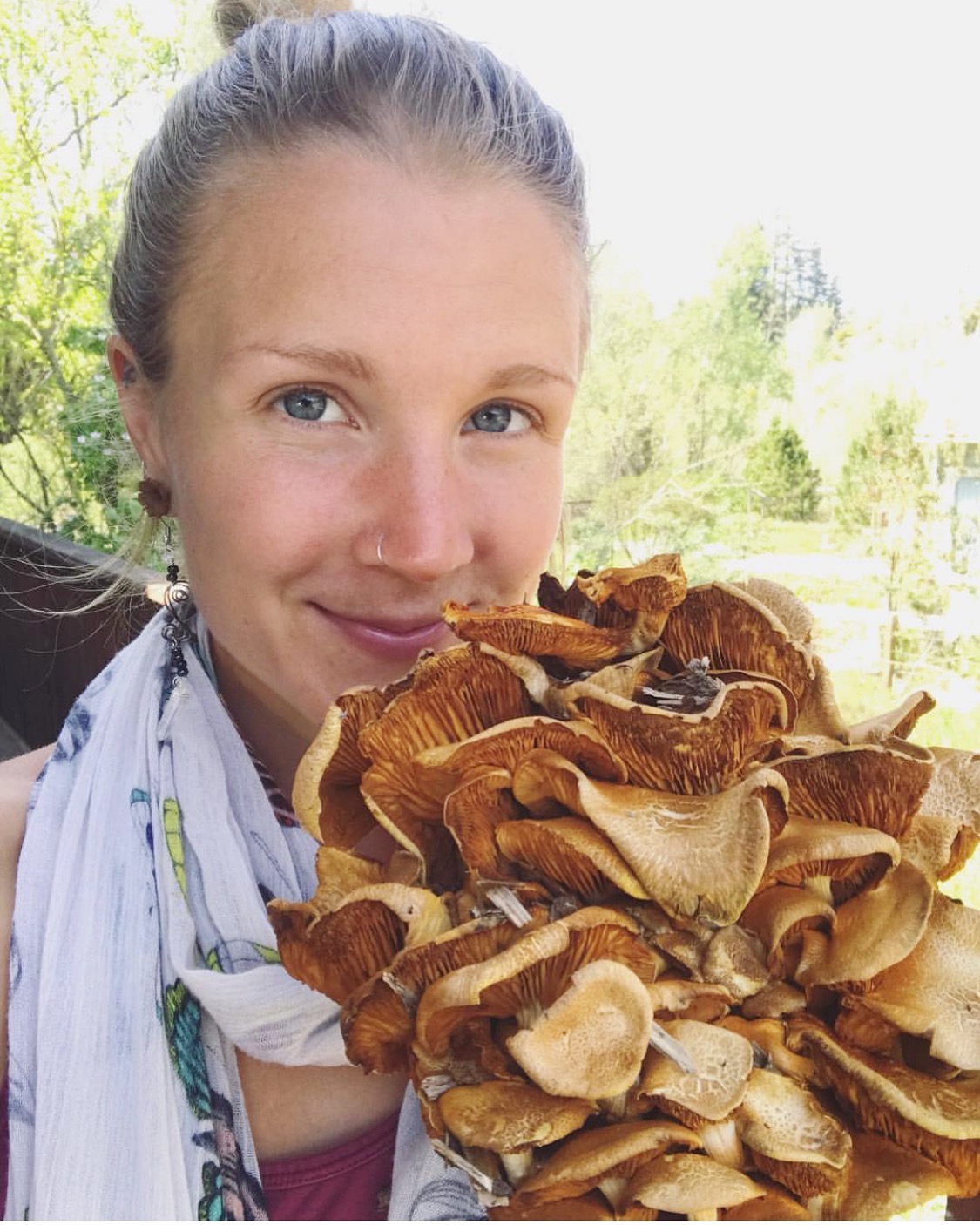


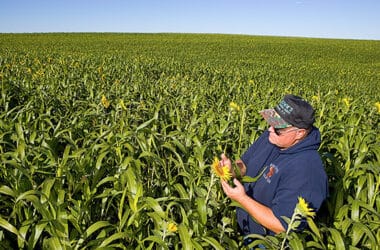
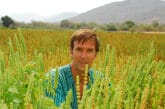




Pingback: Radical Mycology: The Future is Fungi with Peter McCoy | WilderUtopia
Pingback: Renewing the Environment with Mycoremediation with Danielle Stevenson